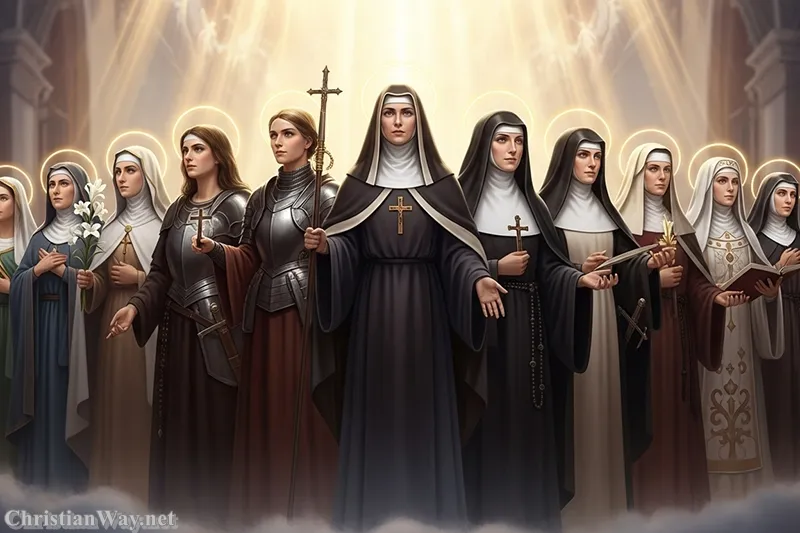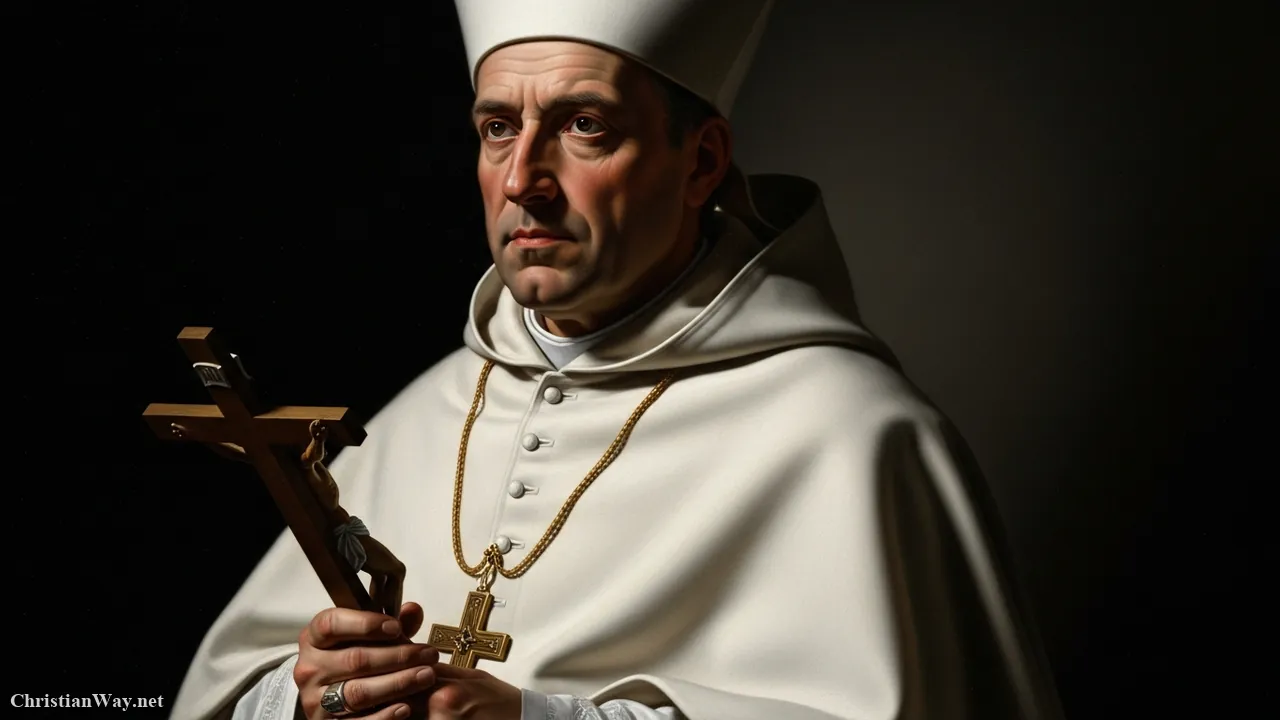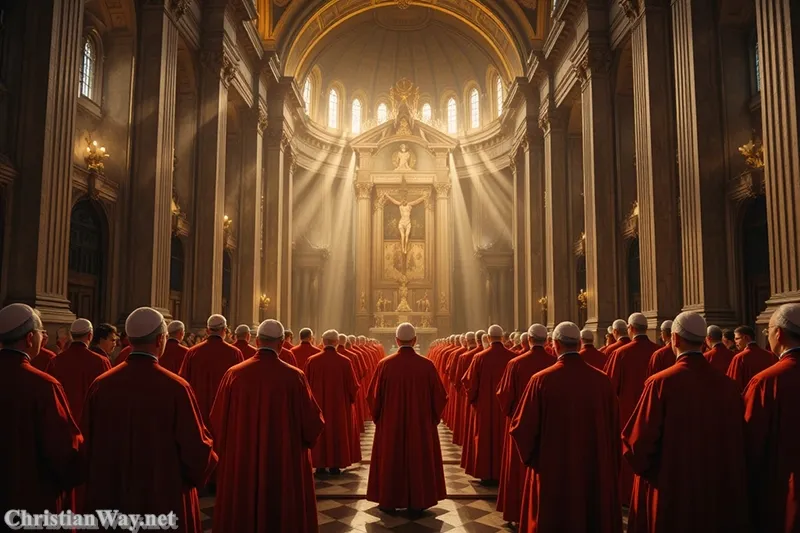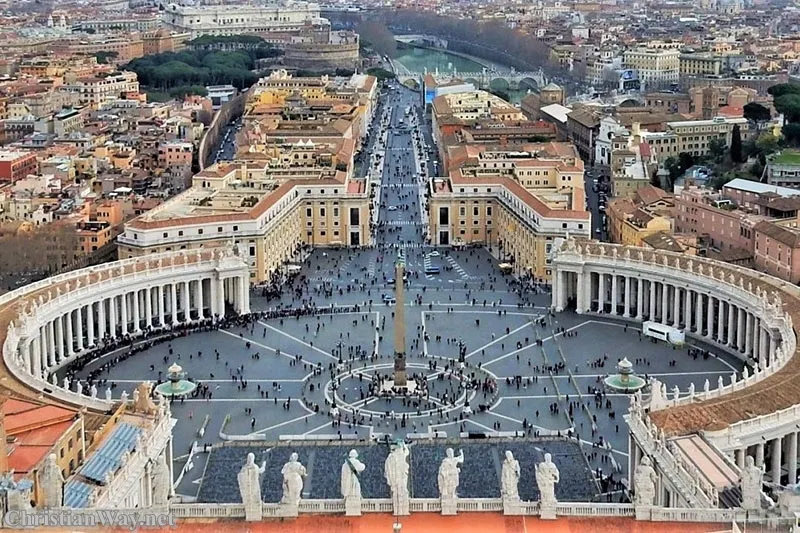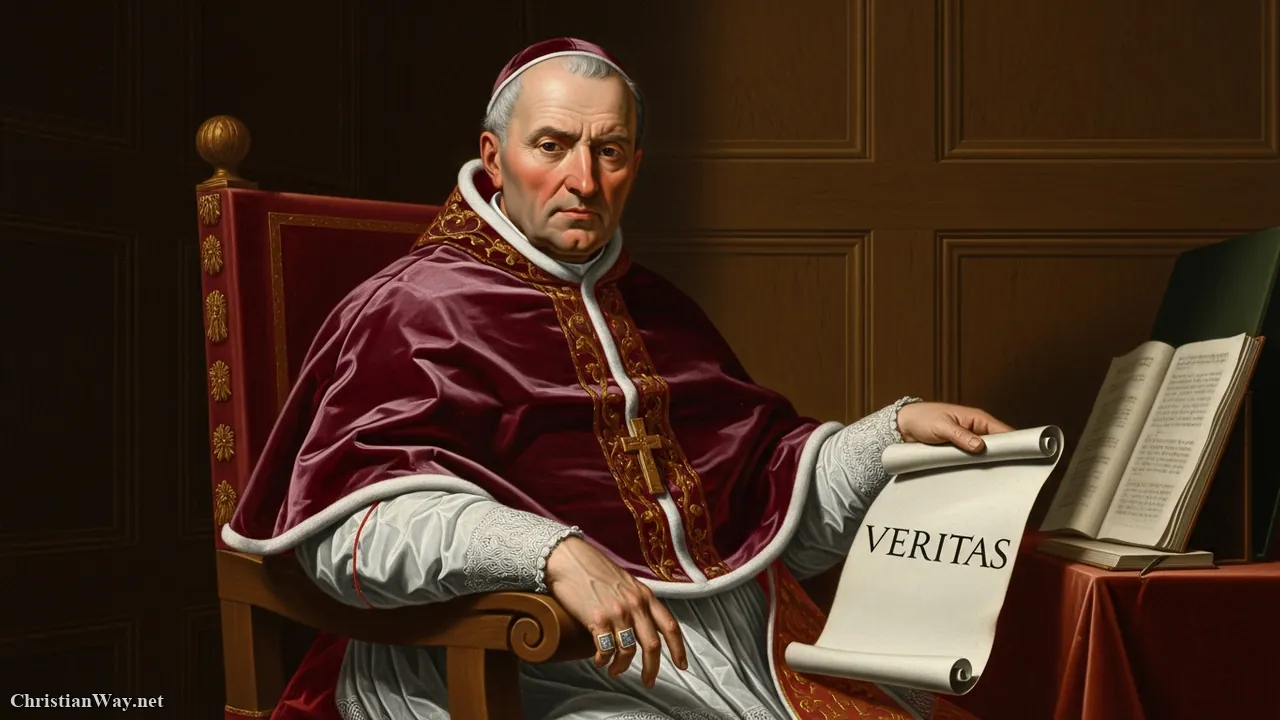Dear friends in Christ,
Every generation of believers has looked for a visible sign of Christ’s presence and unity among His people. In a world often divided by power, pride, and confusion, God has provided the Church with a shepherd who stands not above, but among us — a man called to carry the burden of Peter: “Feed my sheep” (John 21:17). This man, known to the world as the Pope, continues a mission that began on the shores of Galilee, when Christ entrusted His flock to the care of one humble fisherman.
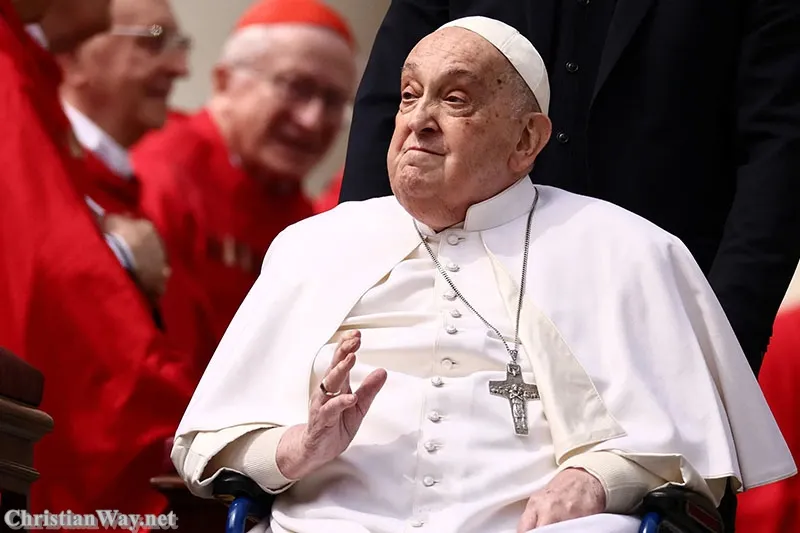
The papacy, more than a title or position, is a vocation of love and service. It is both deeply human and profoundly divine in its origin. The Pope is not a king, but a father; not a ruler seeking dominion, but a servant seeking to lead souls to Christ. His role has endured through centuries of change, persecution, reform, and renewal — always pointing to the same truth: that Christ is the true Head of the Church, and the Pope is His visible representative on earth.
The Apostolic Foundation: “You Are Peter”
The beginning of the papal office is found in one of the most tender yet powerful moments in Scripture. In the Gospel of Matthew, Jesus turns to Simon and says:
“You are Peter, and on this rock I will build my Church, and the gates of hell shall not prevail against it.”
— Matthew 16:18
With these words, Christ gave Peter a unique role among the Apostles — not one of domination, but of steadfast faith and leadership. Peter would become the rock, not by his own strength, but by grace. His human frailty — his doubts, his denial, his tears — make his calling even more astonishing. God chose not a perfect man, but a repentant one, to be the first shepherd of the flock.
From that moment, the Church has understood Peter’s role as foundational. His successors, the Bishops of Rome, continue his mission: to confirm the faith of the brethren (Luke 22:32) and to shepherd the universal Church in unity and truth.
The Successor of Peter
Through the centuries, as the early Christian communities grew across the Roman Empire, the Church in Rome held a special place among them. The martyrdom of Peter and Paul in Rome sealed this city as the heart of Christian witness. Early Church Fathers such as St. Ignatius of Antioch (2nd century) and St. Irenaeus (late 2nd century) referred to the Roman Church as possessing a primacy of love and faith, recognizing in her bishop the successor of Peter.
St. Irenaeus wrote:
“For it is a matter of necessity that every Church should agree with this Church, on account of its preeminent authority.”
— Against Heresies, Book III
This was not a claim of political supremacy, but of spiritual service — the unity of faith held in communion with Rome was seen as a safeguard against division. The Pope’s role thus became that of the guarantor of truth and charity within the universal Church.
The Pope as the Vicar of Christ
Over time, the Church began to speak of the Pope as the Vicar of Christ — a title that expresses his role as Christ’s visible representative on earth. This does not mean that the Pope replaces Christ, but rather that he points to Him. Like John the Baptist, the Pope must always say, “He must increase, but I must decrease” (John 3:30).
The Second Vatican Council described the Pope’s ministry beautifully:
“The Roman Pontiff, by reason of his office as Vicar of Christ and pastor of the whole Church, has full, supreme, and universal power over the Church. But he is to exercise this power always with the good of the Church in view.”
— Lumen Gentium, 22
This power is pastoral, not political; it is ordered toward unity, not control. When the Pope teaches solemnly on faith and morals — what the Church calls speaking ex cathedra (“from the chair”) — the Church believes he is preserved from error by the Holy Spirit, not by his own wisdom, but by Christ’s promise that the gates of hell shall not prevail against His Church.
The Servant of the Servants of God
Among the many titles given to the Pope, one stands out in its humility: Servus Servorum Dei — “Servant of the Servants of God.” This ancient title, first used by Pope Gregory the Great in the 6th century, reveals the true heart of the papacy.
Gregory lived in a time of turmoil — Rome was weakened, its people suffering, the empire crumbling. Yet he saw his mission not in worldly power, but in serving the poor, sending missionaries, and preserving the faith. He wrote:
“I am not a man of power, but a man of care; not a lord, but a servant.”
Every Pope since has been called to embody this same spirit — to wash the feet of the faithful as Christ did for His disciples (John 13:14–15).
The Pope’s authority, therefore, is inseparable from humility. His leadership is a form of love. To be Pope is to carry the weight of the world’s prayers, sorrows, and hopes — to bear the Cross in a visible, public way.
The Pope and the Unity of the Church
The Pope’s mission is one of unity. Across the continents and centuries, amid countless languages, cultures, and traditions, the Pope serves as the sign of communion that binds the Church together.
Jesus prayed before His Passion:
“That they may all be one; as you, Father, are in me, and I in you.”
— John 17:21
The Pope’s role is to serve that unity — to preserve the integrity of the faith while allowing for the diversity of cultures and liturgical traditions. In Catholicism, one finds both ancient rites of the East and the Latin liturgy of the West — all united in one faith under one shepherd.
This unity does not erase individuality; it sanctifies it. The Church’s oneness is not uniformity, but communion — a living harmony of voices all confessing Christ as Lord.
The Pope and the Modern World
In our age, the Pope’s voice reaches beyond the walls of the Church. From St. John Paul II’s cry, “Be not afraid!” to Pope Benedict XVI’s call for faith and reason to walk hand in hand, to Pope Francis’ emphasis on mercy, peace, and care for creation — the papacy continues to speak to the conscience of humanity.
The Pope today faces immense challenges: a world wounded by war, poverty, secularism, and confusion about truth. Yet his mission remains the same — to point the world to Jesus Christ, the Redeemer of all.
When the Pope speaks, it is not as a politician, but as a pastor. His message, even when controversial, seeks to awaken the world to the moral and spiritual dimensions of human life. His authority rests not on coercion, but on witness — the witness of faith, charity, and fidelity to Christ.
The Pope and the Other Christian Traditions
While the papacy is central to Catholic faith, it is also a point of dialogue with our Orthodox, Protestant, and Anglican brothers and sisters. The divisions of the past have left deep wounds in the Body of Christ, yet the desire for unity has never faded.
Modern Popes have reached out in unprecedented ways. Pope Paul VI embraced the Ecumenical Patriarch Athenagoras in 1964, healing centuries of mistrust between Rome and Constantinople. St. John Paul II prayed in Protestant and Anglican cathedrals, and Pope Francis has continued to walk the path of reconciliation, emphasizing that the Pope’s true mission is not domination, but service to Christian unity.
In this ecumenical light, the papacy can be seen not as an obstacle, but as a hope — the sign of unity for which Christ prayed, still being realized in the slow work of grace.
The Humanity of the Pope
It is easy to forget that the Pope, beneath the white cassock and global attention, is a man of flesh and blood — a priest who prays, weeps, and struggles like every other servant of God. Each Pope brings his own personality and gifts, his own strengths and weaknesses, to the office entrusted to him.
From the fisherman Peter to the scholar Benedict, from the missionary John Paul to the pastor Francis — each has lived the call to bear witness to Christ in a distinct way. Yet through them all, the same Spirit speaks, reminding the Church that holiness is not perfection but perseverance in love.
The Pope as a Sign of Hope
In every age, people look to the Pope for reassurance — not that he will solve every problem, but that Christ is still guiding His Church. The Pope’s presence at the balcony of St. Peter’s, his words spoken to the world’s poor and forgotten, his prayers at the tombs of martyrs — all remind us that God’s grace is still alive in human history.
The papacy endures because it is not built on human power but on divine promise. Empires have risen and fallen, ideologies have come and gone, but the voice of Peter still echoes: “Lord, to whom shall we go? You have the words of eternal life.” (John 6:68)
Reflect and Pray
Dear brothers and sisters, the Pope is not a distant figure to be admired from afar, but a spiritual father to be prayed for. His mission is heavy, his cross great, and his heart human. Every prayer offered for the Pope strengthens the Church, for he carries within his calling the faith of us all.
Let us pray for the Pope — whoever he may be in our time — that he may continue to guide the Church with humility, wisdom, and courage; that he may be protected from harm and renewed by the Spirit of God; and that through his witness, many may come to know the love of Jesus Christ.
May the Lord who called Peter from his nets continue to guide his successors in truth and charity. And may we, as members of Christ’s Body, remain faithful to the voice of the Shepherd who speaks through them — the voice that leads us home.
“May the peace of Christ dwell richly in your heart, and may His love guide every step you take toward Him.”
— Fr. John Matthew, for Christian Way

